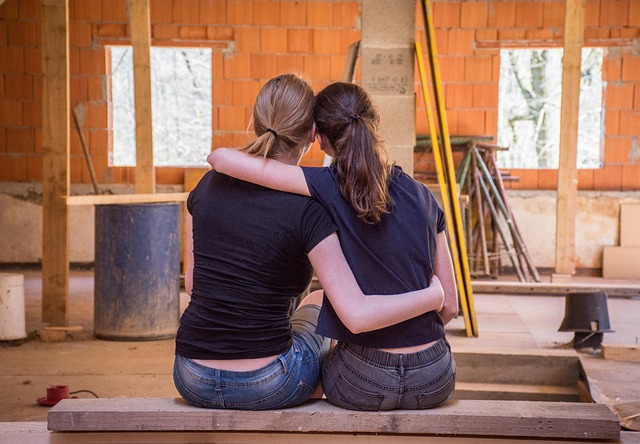
A Guide to Developing Emotional Awareness in Relationships
In today’s fast-paced world, where technology often replaces face-to-face communication, developing emotional awareness in relationships has become more critical than ever. Emotional awareness is the ability to recognize, understand, and manage your own emotions, as well as empathize with the feelings of others. It acts as a bridge, connecting partners on a deeper level, and fostering healthier interactions.
One of the primary benefits of cultivating emotional awareness is its ability to enhance both communication and intimacy in a relationship. When we are fully aware of our own emotional states, we can express ourselves more clearly. For example, if you’re feeling anxious about a significant life change, instead of lashing out or withdrawing from your partner, you might communicate your feelings openly. This invites your partner into your emotional world, making them feel valued and allowing them to understand how to support you.
Additionally, emotional awareness fosters empathy. When you are mindful of your emotions, it naturally translates to an increased ability to detect and respond to the emotions of others. This skill is particularly essential in resolving conflicts. Rather than resorting to blame or defensiveness, you can step into your partner’s shoes and acknowledge their feelings. Phrases like “I can see why you would feel that way” or “I understand this is a tough situation for you” can go a long way in diffusing tension and building trust.
To actively develop emotional awareness, consider engaging in practices such as mindfulness meditation. This technique allows you to observe your thoughts and feelings without judgment, creating a space where you can better comprehend your emotional landscape. Journaling can also be a powerful tool in this journey. By putting your feelings into words, you not only clarify your thoughts but also gain insight into emotional patterns that may affect your relationship dynamics.
Another effective strategy is to solicit feedback from your partner. This creates a platform for open dialogue about each other’s emotional experiences. Ask questions like, “How do you feel when I react this way? or “What can I do to support you better in these moments?” Such inquiries show that you value their experiences and are committed to nurturing your emotional connection.
Keep in mind, developing emotional awareness is a journey, not a destination. It requires patience, vulnerability, and a willingness to learn, but the rewards are immense. A relationship built on this foundation fosters trust, compassion, and deep emotional intimacy, allowing both partners to thrive together. By prioritizing emotional awareness, you’re not just improving your relationship; you’re also enriching your own emotional life, leading to a more satisfying and connected experience with your partner.

